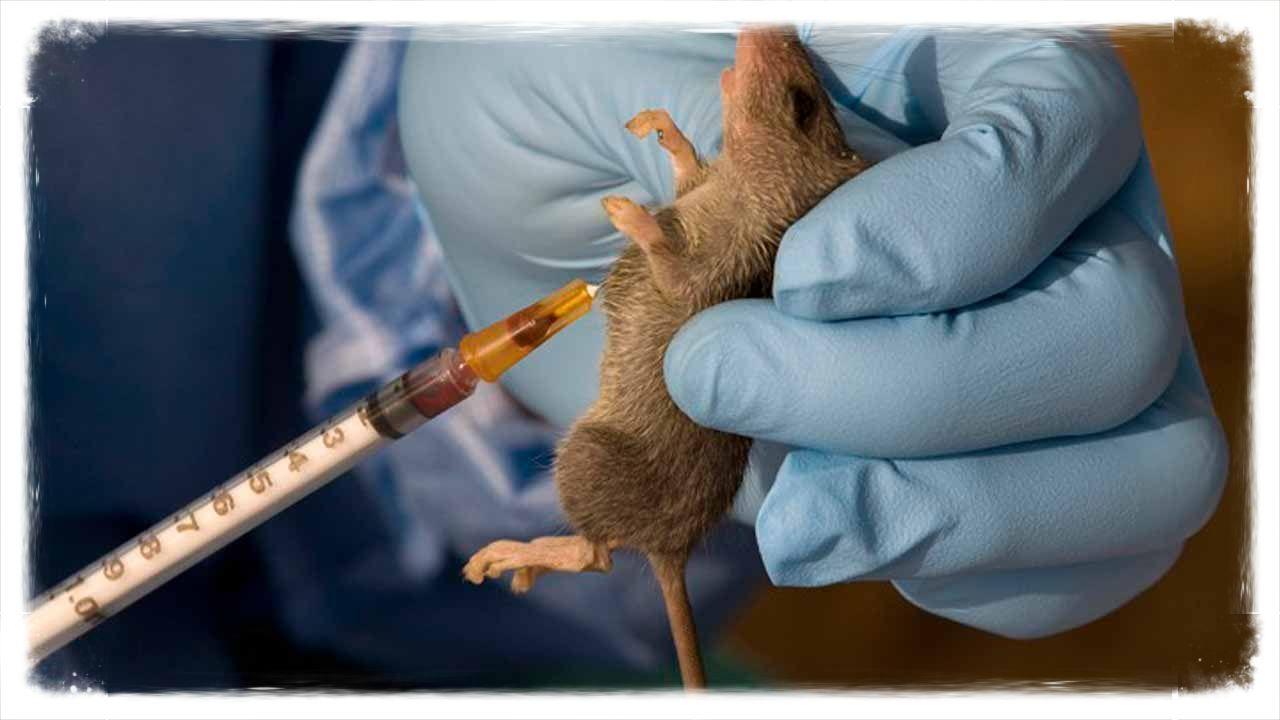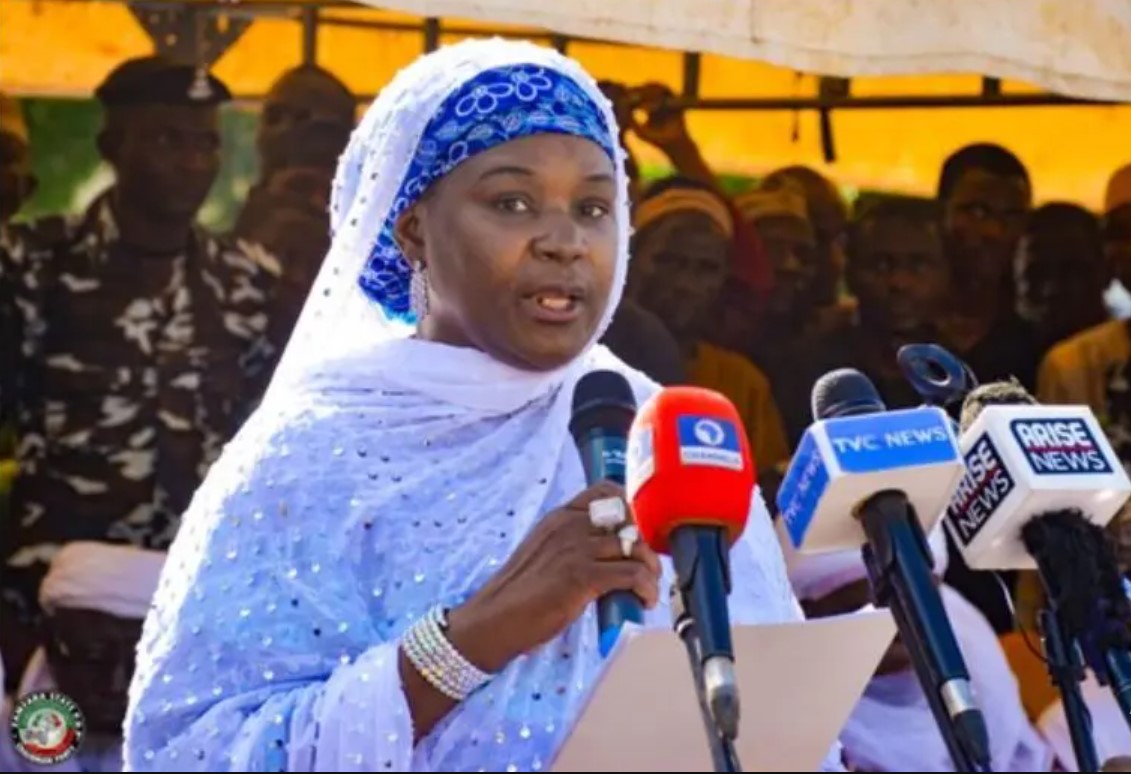
Ondo Confirms 125 Cases of Lassa Fever
- Health Sector
- No Comment
- 395

Ondo State Government has confirmed 125 cases of Lassa fever in six local government areas in the state between January 1 and February 18, 2022.
Lassa fever, an acute viral hemorrhagic disease, is transmitted to humans through contact with food, household items contaminated by infected rodents or contaminated persons.
The Nigeria Centre for Disease Control (NCDC) situation report for January 17 to January 23 shows that Ondo State topped the list of states with 28 new infections, followed by Edo and Bauchi State with 18 cases each.
Also, the World Health Organisation in its latest report published on February 14, 2022, in Nigeria for January 3 to 30 2022, stated that 211 laboratory confirmed Lassa fever cases, including 40 deaths (case fatality ratio: 19 percent) in 14 of the 36 states and the Federal Capital Territory(FCT), while three states of Ondo (63), Edo (57) and Bauchi (53) account for 82 percent of confirmed cases.
Speaking with THISDAY at the weekend, Ondo State Commissioner for Health, Dr. Banji Ajaka Awolowo, explained that the state topped NCDC list because it has high index of suspicion and one of the few states that have the capacity to perform molecular test.
Ajaka said: “We are among the few state in the country that have the capacity to test. We discover almost every case. This year alone, we’ve tested about 368 cases and we’ve confirmed 125 cases. This is not so in other places, because they don’t have the capacity to test. That means we are not likely to miss any patient with Lassa fever, that is why you see such high number of cases in Ondo State. We have capacity to test, and the first we do is high index of suspicion. Anybody with symptoms of fever, weakness and other symptoms that could be taken for malaria fever but when it gets to a level where you have bleeding from the nose, mouth, ear and other complications, then, it is moving to an advanced stage.”
The commissioner said the ministry in collaboration with other agencies are all over the affected local government areas, engaging the communities, sensitizing the traditional rulers on Lassa fever, creating awareness and sensitization through jingles on radio and other media engagements. According to him, “As a ministry, we are coordinating a response with partners like the Nigeria Centre for Diseases Control (NCDC) , WHO and United Nations International Children’s Emergency Fund (UNICEF) to ensure surveillance. If you move along the road, going towards the North, you see that people who are processing their cassava would spread it on the road. The rats that spread this disease are in the bush, and while eating this cassava, they can urinate on it, pass feaces on it, and at the end, humans contracting Lassa from the food.”
Also speaking with THISDAY, the Chief Medical Director of Federal Medical Centre (FMC) Owo, Dr. Liasu Adeagbo Ahmed, said the annual peak of Lassa fever cases is typically observed during the dry season between December and April. Therefore, the number of infections is expected to rise further until the end of the dry season.
He said: “Whatever statistics gotten from Ondo State does not mean that it’s restricted to the state alone, because we have other states that have boundary with the state like Kogi, Edo, Ekiti, Osun, most of these cases come from there.”
A 32-year-old victim of the virus, who preferred anonymity, told THISDAY that: “at first, I thought it was malaria, so I visited a pharmacy where I got the normal malaria drugs but after taking it, there was no improvement, so I visited a doctor who took my sample and gave me some treatment. So, after some days, he called to tell me that it was Lassa fever, and that I should go to FMC Owo. So, I got here last week and since then, they’ve been giving me treatment and I am recuperating.”
By Fidelis David (Akure)
https://www.thisdaylive.com/index.php/2022/02/21/ondo-confirms-125-cases-of-lassa-fever/




